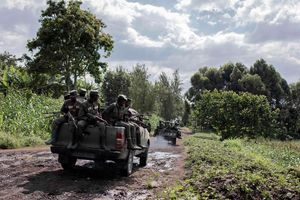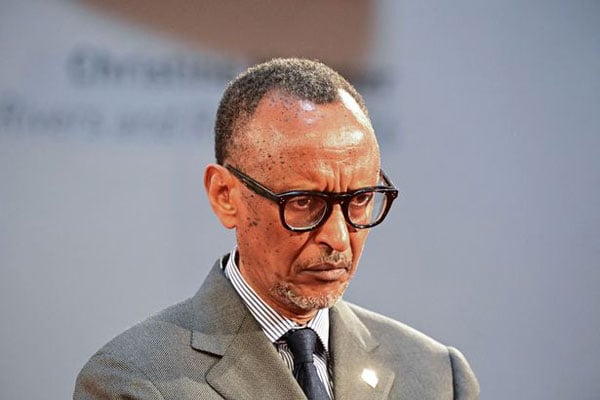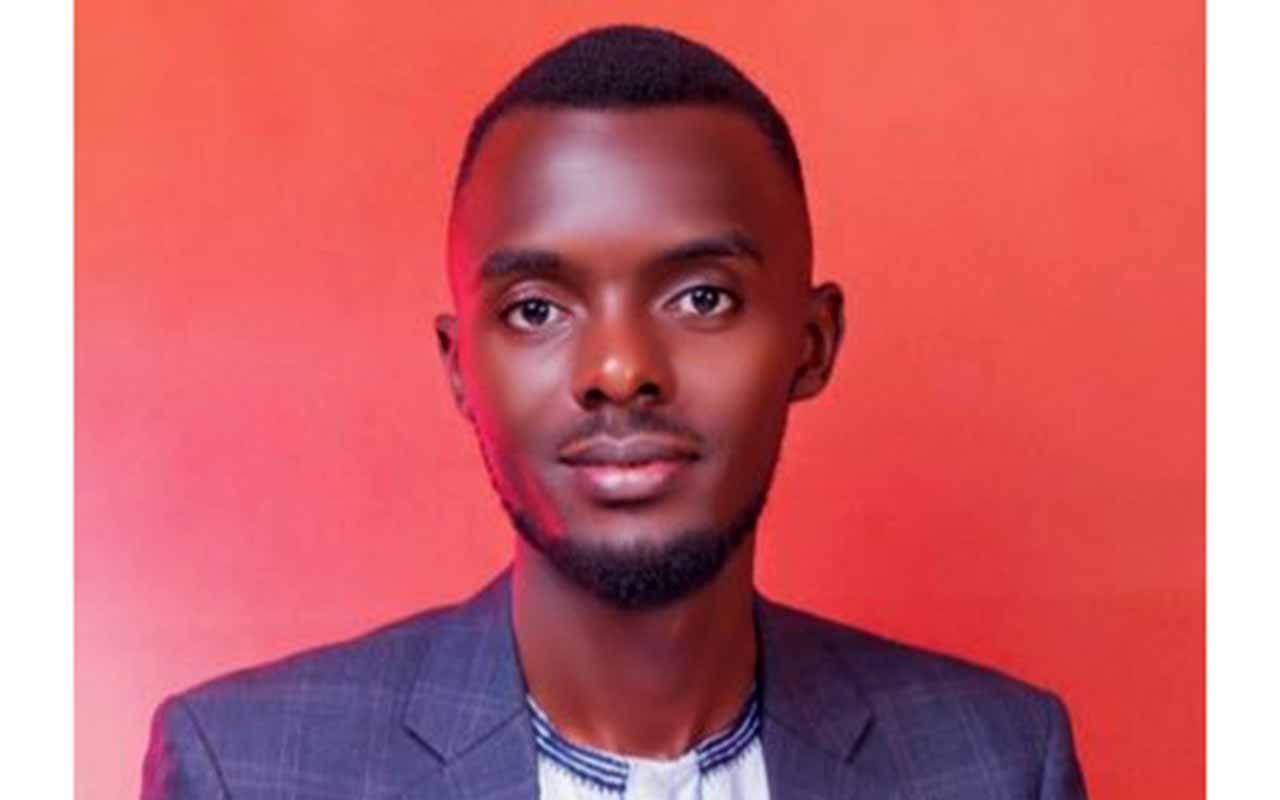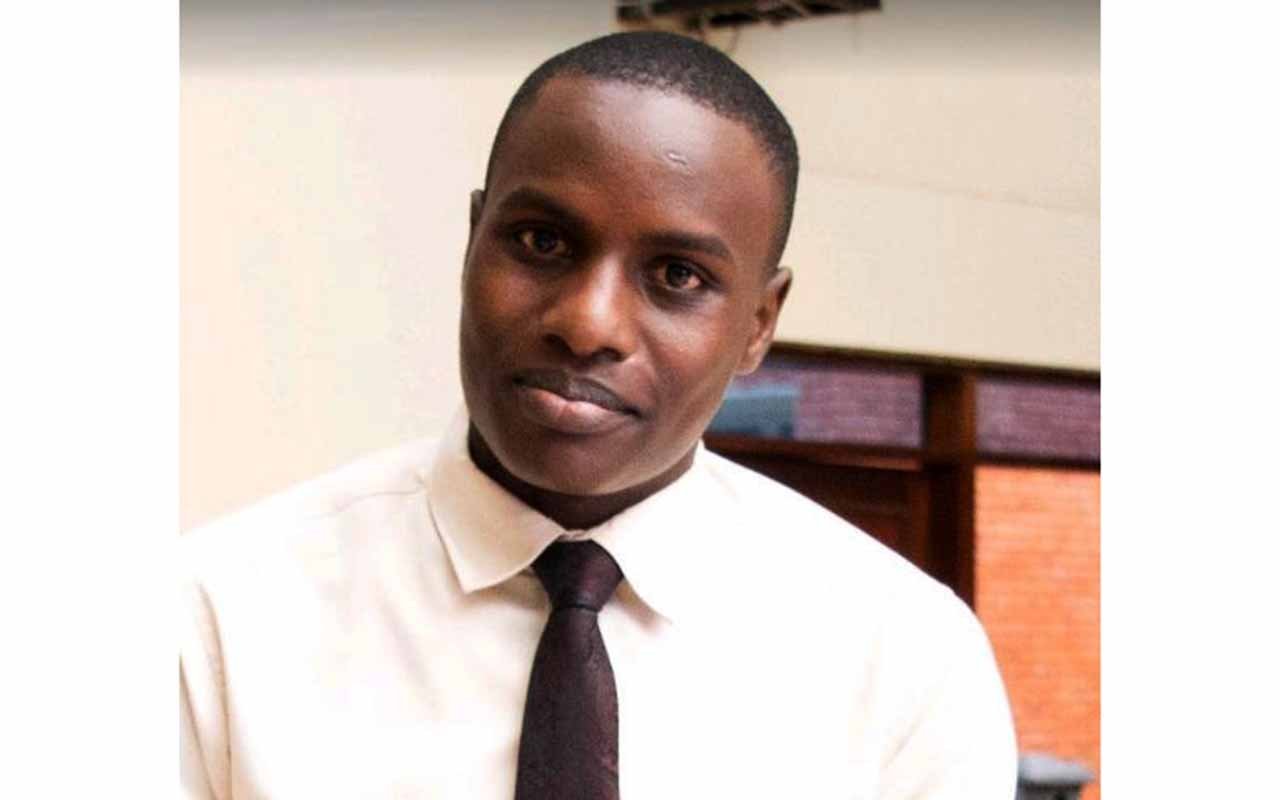
Asuman Bisiika
Gen Paul Kagame is said to have characterised past leaders of Rwanda as abajiji (daft or ignorant). If he made this uncharitable remark in former Kibungo Prefecture (now Eastern Province), there is a historical perspective to it.
Before 1994, Rwanda (in spite of its size) was divided into ten prefectures. We added two when we captured power in 1994: Kigalingali (Rural Kigali or Metropolitan Kigali) and Umutara.
And in spite of the not so many vehicles in the country, car licence plates had regional matriculation identifiers. Now, there was some kind of popular cynical take on these regional identifiers. For instance, vehicles registered in Kigali City were identified with AB. And the people turned that into AB (Abakire Barabana: rich people stay together).
For Kibungo Prefecture, the identifier was JB (Jijuka Bakuyobore: be wise or someone will lord it over you). Now, one of the speakers at a rally that was to be addressed by Kagame joked about ubujiji (daftness or ignorance) associated with the old system of car plate matriculation identifiers. And in the heat of the moment, Kagame also used the ubujiji word (but assigned to past leaders).
And all hell broke loose (among my network of angry Rwandan refugee friends scattered all over the world). From their comments (most of them vitriolic), we learnt that most (if not all) that Kagame has done or is planning to do was already in former President Jovenale Habyarimana’s plans. A friend who lived in Rwanda before 1994 said: “all these big projects you see were already in the pipeline. Even the recently finished renovations on Amahoro Stadium and the Bugesera International Airport were in the pipeline before 1994. Sourcing of funding and negotiations had already started.
*****
Dear reader, Rwandans will head to polling stations on Monday July 15, 2024 to vote for a president who will lead the country for the next five years. I personally know one candidate in the race: Dr Frank Habineza. If he brings the pint of milk home, I will be okay.
If Frank wins, I will be in business. But the joke is that even if Jesus Christ was one of the candidates in Rwanda’s presidential race, he would not defeat Kagame. So, the question is: what if Kagame loses these elections to my friend Dr Habineza? That though is not the most important question here.
The most important area of interest is that if Kagame wins this election, he will be embarking on the first of (a possible) two five-year presidential terms. That means Kagame will only be eligible to offer his candidature in 2029. Beyond that, there is no Kagame candidature (at least according to the Constitution of Rwanda). And boy, the year 2029 doesn't seem to be very far; which is why we say: whether he loses this election or not, the most important election in post-genocide Rwanda will be that of 2034.
One can say that we shall cross the bridge (2034) when we reach it; but it is always a good idea for a traveller to know that there is a bridge ahead.
We can divide post-genocide Rwanda into three phases. 1994-2003, 2003-2024 and 2024-2034. So, this election represents the beginning of a transition from Kagame to a post-Kagame Rwanda.
******
Dr Habineza and I worked together at The Rwanda Herald. I was the PDG and editor-in-chief and Frank was our correspondent for Butare. And why should our readers care about Dr Habineza? Because Dr Habineza is bold enough to challenge Gen Paul Kagame to a presidential race twice (2017 and 2024).
Mr Asuman Bisiika is the executive editor of the East African Flagpost. [email protected]








